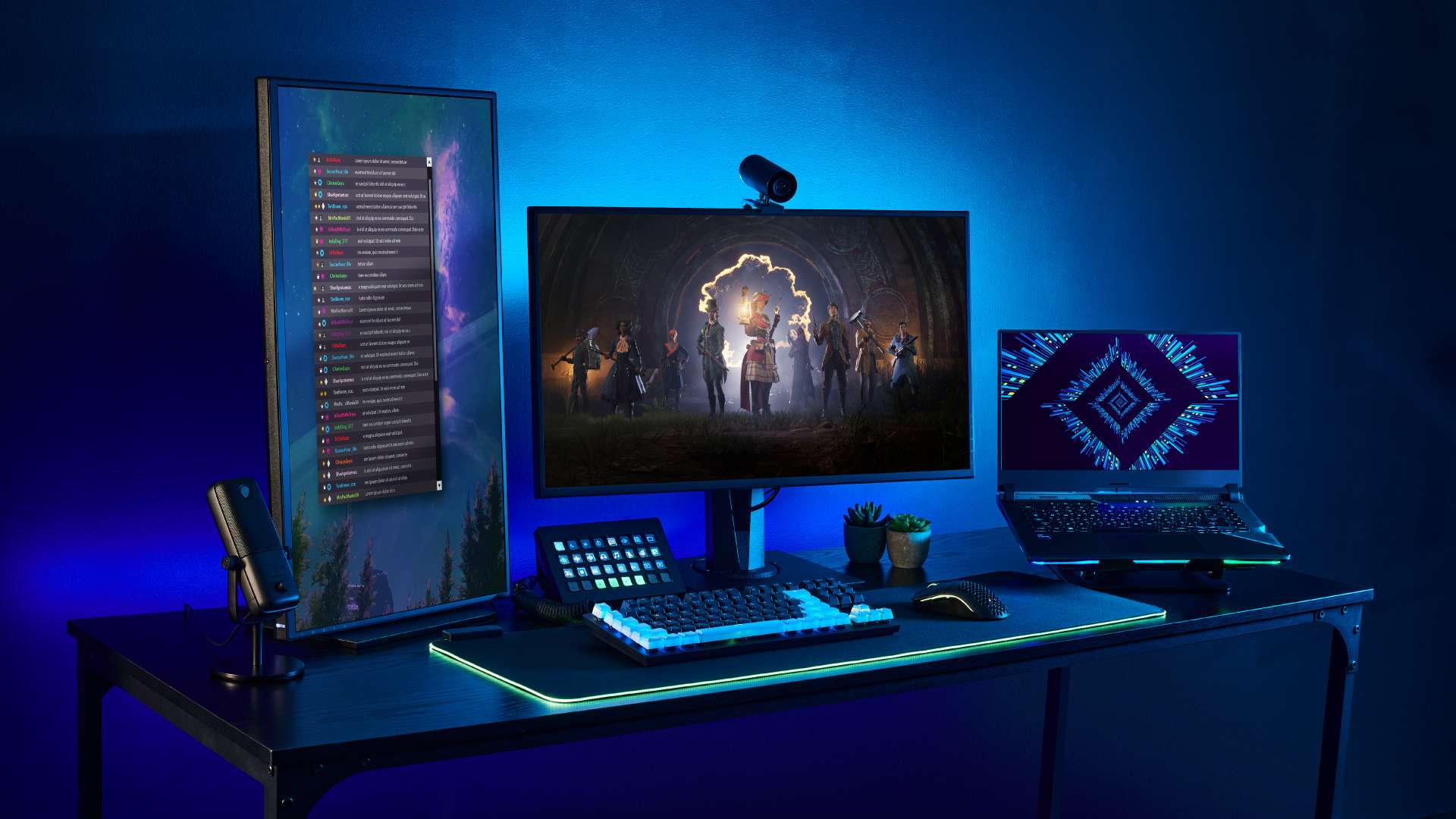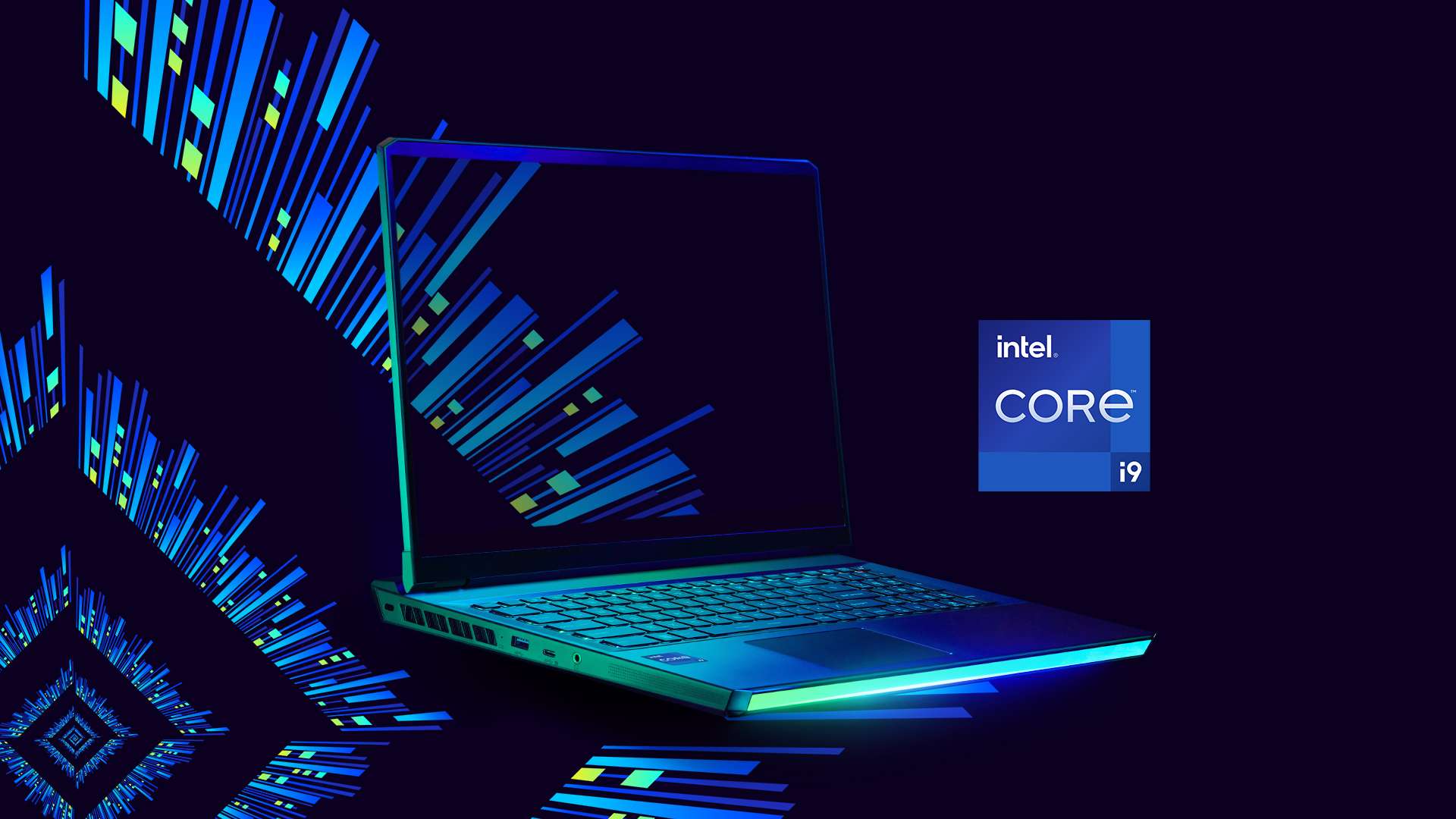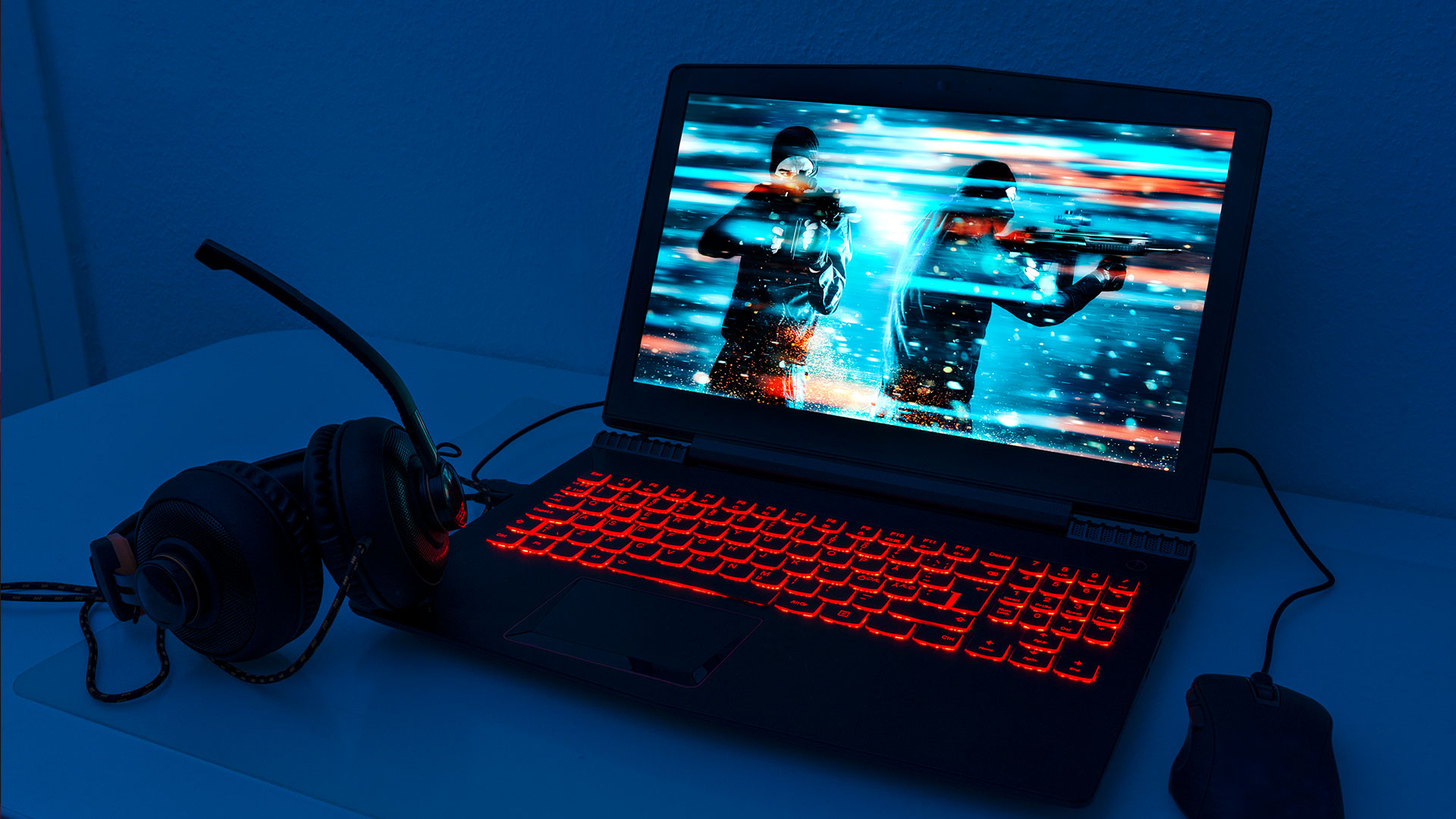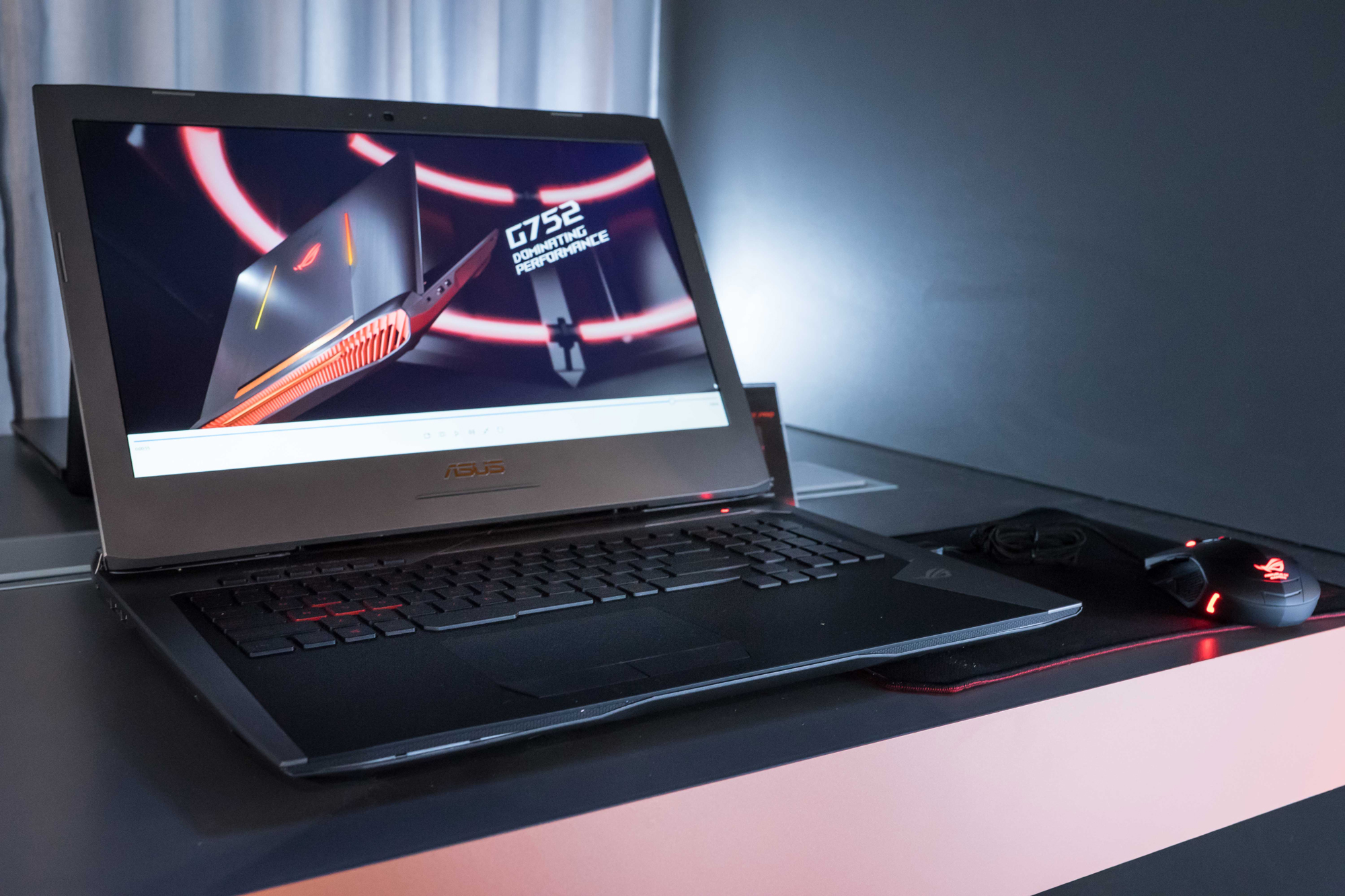What to consider when investing in a gaming laptop
Keep these considerations on your radar when you’re looking to purchase a gaming laptop

If you’re looking to buy a new gaming laptop, then this is likely to be one of the most significant purchases you make. Therefore you want to ensure that you’ve made the right considerations before investing, so you can find a product that’s going to meet your needs for the long term. With that in mind, we’re here to highlight the main points that you need to think about, so you can make an informed decision before you spend any money.
The design
Before you even start thinking about specifications, the first thing you should consider when looking for a gaming laptop is the design and weight. If you’re planning on regularly travelling with it for gaming on the go, then you should be aiming for a lightweight system that doesn’t take up too much space, while if you’re getting a laptop for convenience that will mainly stay at home then you can afford to go for a bulkier machine which doesn’t need moving around as often.
The size of your gaming laptop also ties directly into the display you’re after, and whether you’ll mainly be using the built-in screen or connecting to an external monitor or television. A larger built-in display means a physically bigger system overall, but if you plan on outputting to another device then you can choose something more compact. When it comes to those displays, there’s no point in splashing out on a laptop capable of 4K gaming if you’re only hooking it up to a 1080p screen, but conversely if you have a 4K display and want to take full advantage of it then you need to know that your laptop will have the power to do it.

Your specs
Probably the biggest consideration when choosing a gaming laptop is the CPU that it’s built on, as this is where all of the central processing takes place that keeps your machine running. When determining the power of a CPU, you’ll want to look at the clock speed or frequency as this represents the number of cycles it can execute per second, and aim for the highest rate you can get with your budget. However, a more important measure to look at is the core count, as with a multiple-core processor each one can work independently on different tasks to handle much larger concurrent workloads.
Your processor
For a CPU that rates highly in both of those aspects, you should look no further than the 13th Gen Intel Core processors (HX Series) processor range, as these are a perfect fit for giving your gaming laptop the power it deserves.
Although the CPU can handle a certain amount of graphics output, if you want to enjoy reliable gaming at a high resolution then you’ll need to pair it with a dedicated GPU to handle that side of things. Whether you’re aiming for 1080p, 1440p, or 4K, make sure the GPU is capable of steadily outputting that in at least 60 frames per second to ensure a smooth experience – and higher if you’re connecting to a higher-end monitor with a refresh rate or 120Hz, 144Hz or beyond.

Bear in mind that dedicated GPUs generate a lot of heat and drain battery charge rapidly, so the more powerful your separate graphics processor is the less time you’ll be able to use your laptop away from mains power. For this reason, most gaming laptops have built-in options to switch between the graphics output of the CPU, known as integrated graphics, and the dedicated GPU so the CPU can take care of the less demanding desktop display tasks. This can significantly boost battery life by only using the GPU when needed, so check that your CPU has integrated graphics and is capable of making this switch.
Weekly digests, tales from the communities you love, and more
You also need to ensure that your gaming laptop has enough RAM, so that it can function effectively while completing demanding tasks. A minimum of 16GB RAM should be your target as this will cover most games at higher settings along with some multitasking, though if you’re a content creator taking on additional tasks such as video editing and rendering then 32GB will ensure you stay up to speed. In most cases, you won’t be able to add extra RAM to your gaming laptop later, so it’s better to overestimate here and future-proof yourself as much as possible.
Your storage
When it comes to storage, SSDs are the way to go as these solid-state drives are more reliable and have much faster read/write speeds than traditional HDDs, meaning faster load times for your games and files. As they don’t have the moving parts of mechanical drives, SSDs are much better suited to portability as they won’t be as affected by any knocks and bumps your gaming laptop may receive. At a minimum, you need a smaller SSD installed to run your operating system and most used programs, then you can expand your storage if necessary with an external SSD or HDD.

Your connectivity
The final consideration for your gaming laptop should be connectivity, as if you’re planning to attach items such as an external keyboard and mouse, controller(s), a headset, and more then you need to have enough ports available to plug everything in. You’ll also want to ensure you have at least one high-speed USB port free if you’re connecting external storage, so you can access your data at the full speed of the drive without any unnecessary lag being introduced.
Put all of those considerations together, and you’ll be able to invest in a gaming laptop that will keep you ahead of the competition for years to come.

Iain originally joined Future in 2012 to write guides for CVG, PSM3, and Xbox World, before moving on to join GamesRadar in 2013 as Guides Editor. His words have also appeared in OPM, OXM, PC Gamer, GamesMaster, and SFX. He is better known to many as ‘Mr Trophy’, due to his slightly unhealthy obsession with amassing intangible PlayStation silverware, and he now has over 800 Platinum pots weighing down the shelves of his virtual award cabinet. He does not care for Xbox Achievements.


